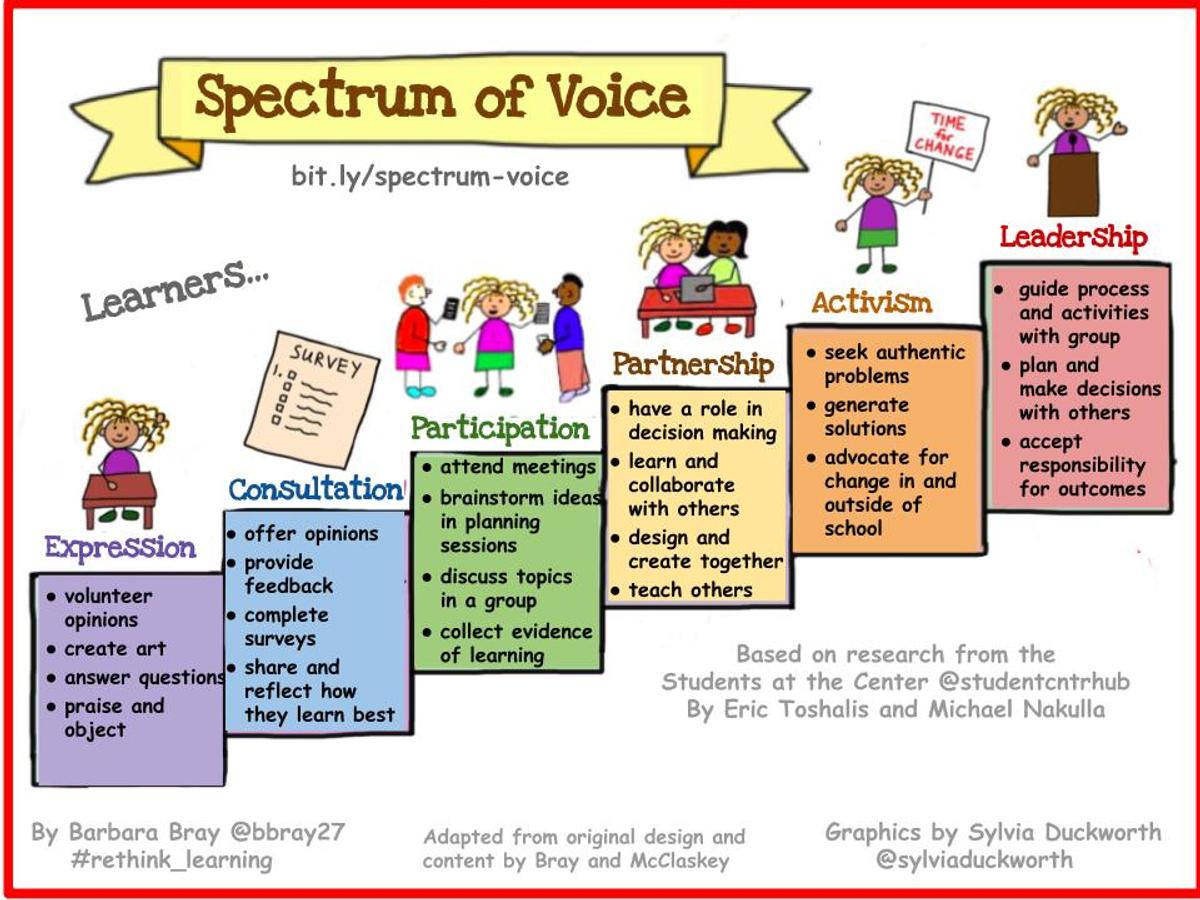From the Leadership Team

Matt Brinson, Head of Senior School
Empowering student agency
At Kilvington, we talk about a holistic education. A crucial element of a student’s education is the agency and voice of students.
Imagine a classroom where students not only absorb information but actively engage in shaping their own learning journey, where their voices are not just heard but valued. This is the essence of student agency – the power and ability for students to take ownership of their experiences both in and out of the classroom.
Student agency encompasses the capacity and inclination of learners to make decisions and take actions that influence their schooling. It is about moving away from students being passive recipients of knowledge towards a more dynamic approach where students are active participants in their learning process.
WHY IS STUDENT AGENCY IMPORTANT?
There are numerous reasons why student agency is essential to the learning process and the development of a competent learner. Some of these reasons are:
Engagement and motivation
When students have a say in what and how they learn they feel a sense of ownership over their education, leading to increased enthusiasm and commitment to learning.
Personalised learning
Every student is unique, with different interests, strengths, and learning styles, and so empowering student agency allows for personalised experiences tailored to individual needs, fostering deeper understanding and mastery of concepts.
Critical thinking and problem-solving
By giving students the autonomy to make decisions and solve problems, we nurture their critical thinking skills. They learn to analyse information, evaluate options and make informed choices – essential skills for success in both academic and real-life situations.
Preparation for the future
By fostering student agency, we equip learners with the skills and mindsets needed to navigate an ever-changing landscape, preparing them for future challenges and opportunities in a rapidly evolving world.
Central to the concept of student agency is the amplification of student voice. It is not enough for students to passively consume information; their perspectives, ideas, and concerns deserve to be heard and valued. When students are given opportunities to voice their thoughts and opinions, it instills a deeper commitment to their studies and encourages them to take responsibility for their actions.
HOW IS STUDENT AGENCY ENCOURAGED?
Here are some ways student agency is encouraged and the student voice amplified at Kilvington.
Student leadership
There are many opportunities for students to take on leadership roles within the Junior and Senior Schools, such as through formal School, House, Academic and Co-Curricular positions, or informally leading clubs, sport teams or extra-curricular activities, as well as participating in peer mentoring programs.
Seeking feedback and acting on It
Feedback is sought from students via surveys, forums, discussions, opinion polls and the Student Representative Council (SRC). This feedback is used to make adjustments to teaching and wellbeing programs, as well as decisions on uniform and co-curricular clubs.
Celebrating student achievements
Whether academic, artistic, athletic or community-oriented, we showcase student work, accomplishments and contributions to the School community and beyond through live displays, newsletters, assemblies and social media platforms.
A culture of respect and open communication
Cultivating classroom environments where students feel comfortable expressing their thoughts and opinions without fear of judgment. Active listening and respectful dialogue among peers is also encouraged.
Opportunities for choice and collaboration Offering students choices in assignments, projects and topics of study, and incorporating collaborative activities that allow students to work together, share ideas and learn from one another.
The graphic below shows the different ways students can amplify their voice.
The Spectrum of Voice by Barbara Bray (adapted from the research 'Motivation, Engagement and Student Voice' by Toshalis and Nakulla) says, 'Student voice is personal; one learner may be in the expression level because they feel uncomfortable sharing in a particular class or situation. Yet, at the same time, in another environment or situation, they may be at the leadership level.'
In a world where information is abundant and rapidly accessible, the role of teachers is evolving from dispensing knowledge to facilitating learning. Empowering student agency and amplifying student voices are essential to nurturing the whole child – intellectually, emotionally and socially.



